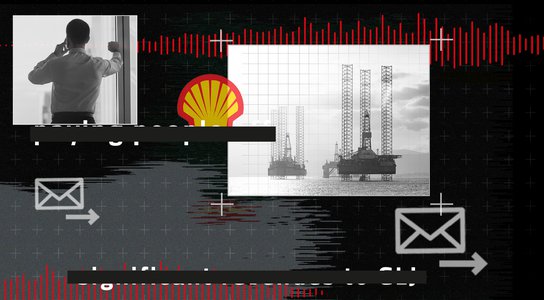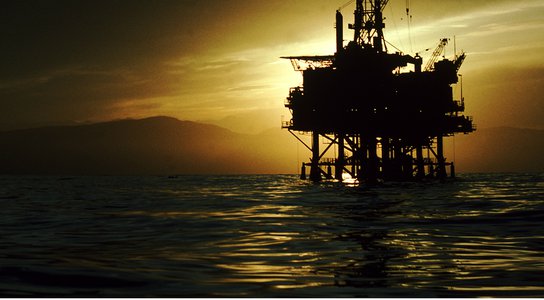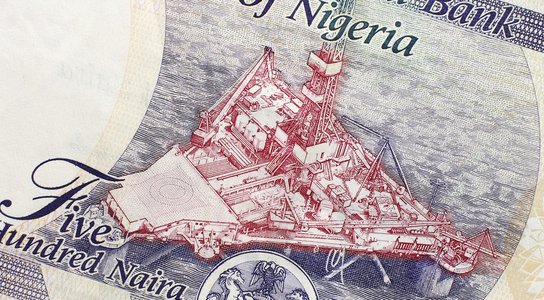Two oil giants, Shell and Eni, are currently on trial in Milan, accused of bribery in one of the biggest corporate corruption scandals in history.
It’s a big deal. If found guilty, senior executives at both companies could go to jail. Shell and Eni could face enormous penalties, and be forced to hand back one of the most promising oil blocks in Africa.
What’s more, Shell may also face trial in its home country. In March 2019, Shell issued a warning that prosecutors in the Netherlands are preparing to charge them over the same deal. Dutch prosecutors confirmed that their ongoing investigation had identified “prosecutable offences”.
If those responsible are properly held to account, this trial could trigger fundamental changes in the extractives sector, dubbed the most corrupt on the planet by the OECD. This could help bring an end to shady deals which allow corrupt politicians and international companies to rob developing countries of their natural resource wealth.
Global Witness campaigner Barnaby Pace is attending the trial, and tweeting insights and observations from the courtroom. Follow him at @pace_nik and us at @global_witness on twitter.
THE STORY SO FAR
In 2011, Shell and the Italian oil company Eni paid $1.1 billion in a murky deal for an oil block located off the coast of Nigeria: OPL 245. Global Witness tracked down documents showing that this money didn’t go to benefit the Nigerian people.
Instead it went to convicted money launderer and former oil Minister, Dan Etete, who had awarded himself ownership of the block in 1998 via a company he secretly owned, Malabu Oil and Gas.
After six years of denying any wrongdoing, Global Witness’ investigation forced Shell to admit it knew the money would be diverted into private hands, and went ahead with the deal anyway.
Then, in November 2018, we revealed that the deal Shell and Eni set up for the block is set to deprive Nigeria of an estimated $6 billion in future revenues compared to standard terms for Nigerian oil deals.
ON TRIAL
The landmark trial, which began hearing evidence in Milan in September 2018, involves current and former senior staff from two of the world’s largest corporations. They include Eni’s current CEO Claudio Descalzi, and former Royal Dutch Shell Executive Director for Upstream, Malcolm Brinded CBE.
The case brought by the Milan Public Prosecutor alleges that $520 million from the deal was converted into cash and intended to be paid to then Nigerian President Goodluck Jonathan and other Nigerian government officials. The prosecutors further allege that money was also channelled to Eni and Shell executives as kickbacks.
On October 17th 2018, Global Witness co-founder, Simon Taylor, gave evidence in the trial, having triggered the investigation which led to the trial by submitting a criminal complaint by Global Witness, Re:Common, and The Corner House in 2013.
In December 2018, the judge in a related trial of two middlemen ruled that Shell and Eni’s management had been “fully aware” that part of the money paid “would have been used to compensate Nigerian public officials who had a role in this matter” and “It was not mere connivance, but a conscious adhesion to a predatory project damaging the Nigerian state.”
For the full story of Shell, Eni, the convicted money launderer, and Nigeria’s stolen assets, download the full investigation (pdf). For more on how the dire terms of the deal are set to rob Nigeria of an estimated $6 billion in revenues, download the report (pdf).
Page last updated: 19 March 2019
You might also like
-
Report Shell Knew
Emails show senior executives at world’s fifth largest company knowingly took part in a vast bribery scheme that robbed the Nigerian people of $1.1billion.
-
Briefing Shell and Eni's Misadventures in Nigeria
In 2011, Shell and Eni paid US$1.1bn for one of West Africa’s largest oil fields, situated off the coast of Nigeria, but the money did not benefit the country’s citizens.
-
Briefing Shell, Eni & company executives face corruption charges
The briefing outlines the recent legal developments in Italy relating to Shell and Eni and provides background on the OPL 245 deal.